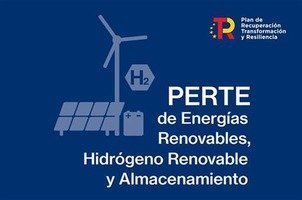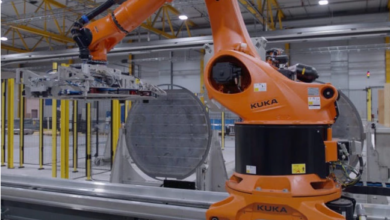Ecological Transition launches the second call for renewable hydrogen subsidies with €150 million

The H2 Pioneers Programme aims to promote the production of green hydrogen in sectors that are difficult to decarbonise, such as industry and transport. The first call of the programme awarded a further €150 million to 19 projects in nine autonomous communities.
The Ministry of Ecological Transition and Demographic Challenge has launched the second edition of the Incentive Programme for pioneering and unique renewable hydrogen projects (H2 Pioneers II), published in the Official State Gazette. This call is endowed with €150 million to encourage the implementation of innovative projects with commercial viability for the production and local consumption of renewable hydrogen, especially in sectors where decarbonisation is more difficult, such as industry or heavy mobility.
Open between 1 June and 31 July, the call is integrated into the Strategic Project for the Recovery and Economic Transformation of Renewable Energies, Renewable Hydrogen and Storage (PERTE ERHA) of the Recovery, Transformation and Resilience Plan.
H2 Pioneros II seeks to give continuity to the first phase, following the event’s success. Also endowed with €150 million, this first call was resolved in April with the awarding of incentives to 19 projects located in nine autonomous communities, nine of which were located in Just Transition and/or Demographic Challenge areas.
The Institute for the Diversification and Saving of Energy (IDAE) will again manage this aid. The subsidies will be awarded on a competitive basis and will support initiatives that combine production, distribution and use of hydrogen in the same territorial location, provided they are oriented towards deploying commercial applications and have the main value of integrating the different stages of the value chain.
The typology of eligible actions encompasses green hydrogen production facilities (with a maximum power of 50 MW of electrolysis), distribution, industrial uses and heavy mobility, as well as innovative stationary applications, such as ports, airports, logistics platforms and storage systems with re-electrification.
As in the previous call for applications, the requirements for accessing these subsidies can be consulted on the IDAE’s website. The maximum allocation for each dossier is €15 million, provided that the project exceeds a minimum investment of €1 million. Companies, consortia and business groupings – as long as at least one SME takes part – and institutional public sector entities, including those under private law that depend on public administrations, together with public universities and affiliated technology centres, will be eligible.
Aside from SME participation, the award criteria will include the effectiveness of public support, the positive impact on islands, Just Transition and Demographic Challenge areas, the reduction of emissions and circular economy, job creation and gender equality.
These subsidies are part of Component 9 ‘Renewable Hydrogen Roadmap and its sectoral integration’ of the Recovery, Transformation and Resilience Plan, in particular in its Investment 1: ‘Renewable hydrogen: a country project’. This is one of the main calls of the PERTE ERHA, which will mobilise a total investment of more than €16.3 billion.
Furthermore, the deployment of this aid mechanism will help to achieve the objectives of the Hydrogen Roadmap, which sets a target of 300 MW to 600 MW of electrolysis power by 2024 and 4 GW by 2030, a 10% target set by the EU for that date.
